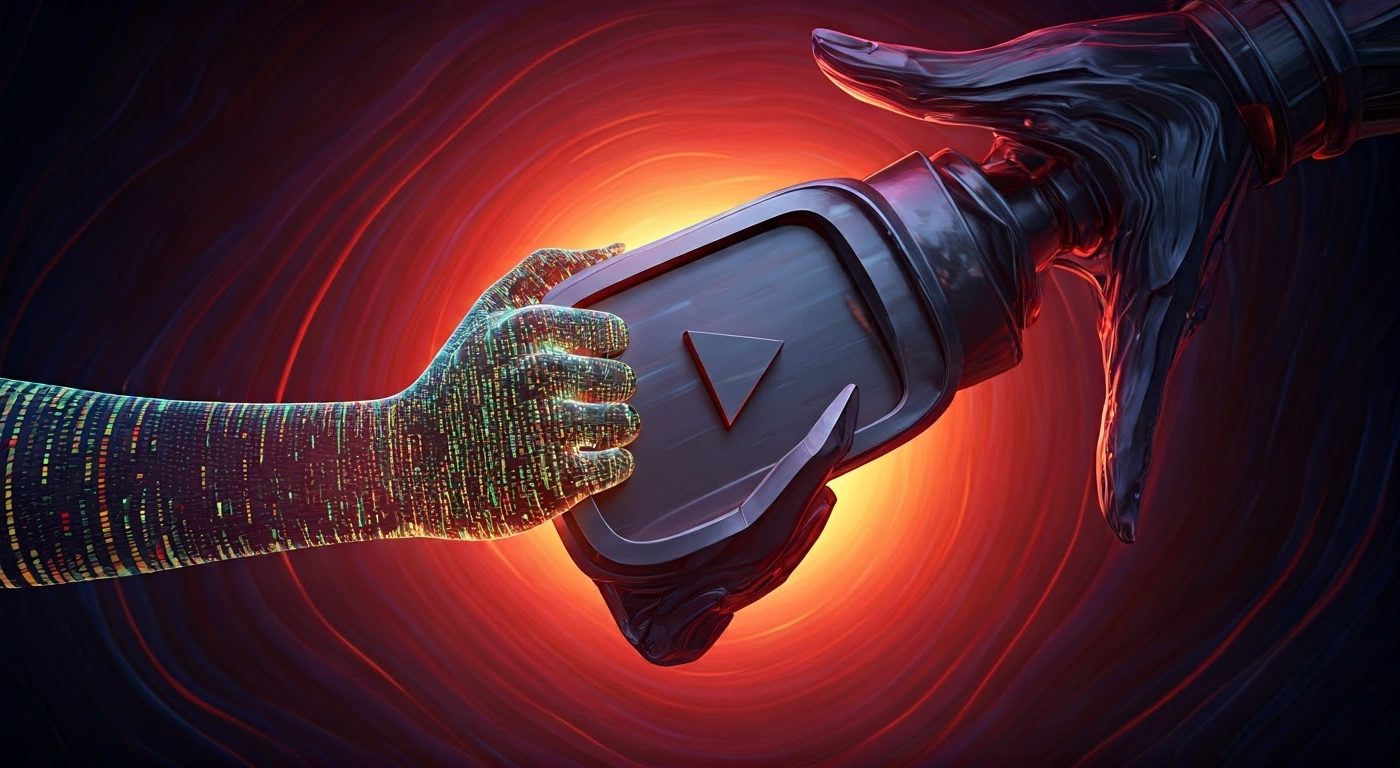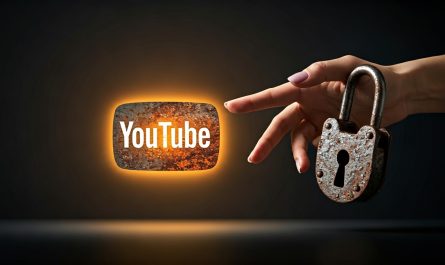The idea that social media is like a drug has become a popular metaphor, but it has some scientific and psychological basis. Here’s a breakdown of how and why social media is compared to a drug, along with potential pros and cons.
Why Social Media is Compared to a Drug
- Activates Dopamine Reward Pathways
- Social media triggers dopamine release, the brain’s “feel-good” neurotransmitter, similar to substances like drugs, sugar, or gambling.
- Likes, comments, shares, and notifications create a cycle of instant gratification, keeping users hooked.
- Addictive Behaviors
- Excessive use of social media can resemble addictive behaviors:
- Craving: Feeling anxious or irritable without access.
- Tolerance: Spending more time to get the same satisfaction.
- Withdrawal: Experiencing negative emotions when not using it.
- Excessive use of social media can resemble addictive behaviors:
- Manipulation by Design
- Platforms are designed to maximize user engagement, using:
- Infinite scrolling.
- Push notifications.
- Personalized algorithms.
- These features can make it hard to stop, much like addictive substances.
- Platforms are designed to maximize user engagement, using:
- Escapism
- Like drugs, social media provides an escape from stress, boredom, or real-life problems. This can lead to over-reliance, where people turn to social media instead of addressing their challenges.
- Impact on Mental Health
- Overuse has been linked to issues like anxiety, depression, and low self-esteem, similar to how substance abuse can negatively affect mental health.
The Social Media “High”
- Receiving likes or positive comments activates the brain’s reward system, creating a sense of validation and happiness.
- Similarly, refreshing feeds or checking notifications creates anticipation, mimicking the “high” associated with gambling or substance use.
Is Social Media a Literal Drug?
While social media isn’t a physical substance like alcohol or narcotics, its impact on the brain and behavior can parallel addictive patterns.
- Key Difference: Social media doesn’t alter brain chemistry in the same way drugs do, but its psychological effects can mimic addiction.
Potential Positives of Social Media
- Connection: Helps people stay in touch, especially across distances.
- Learning: Provides access to education, news, and new ideas.
- Support: Builds communities for people with shared interests or challenges.
- Creativity: A platform for artistic expression and innovation.
The Risks of Overuse
- Mental Health Issues
- Increases in anxiety, depression, and FOMO (fear of missing out).
- Poor self-image from comparisons with curated, idealized lives.
- Physical Health Concerns
- Sleep disruption due to screen time and blue light exposure.
- Sedentary behavior leading to physical inactivity.
- Reduced Real-Life Interactions
- Over-reliance can weaken interpersonal skills and real-world connections.
- Productivity Loss
- Endless scrolling can lead to procrastination and decreased focus.
Breaking the Cycle
To use social media responsibly, treat it more as a tool and less as a dependency:
- Set Boundaries: Limit screen time or use app blockers.
- Be Intentional: Use social media for specific purposes rather than mindless scrolling.
- Detox Regularly: Take breaks to reconnect with real-life activities and people.
- Cultivate Offline Hobbies: Focus on activities that don’t involve screens.
- Mindfulness: Be aware of your emotions when using social media—are you happy, anxious, or distracted?
Would you like more on managing social media use or its psychological effects?


